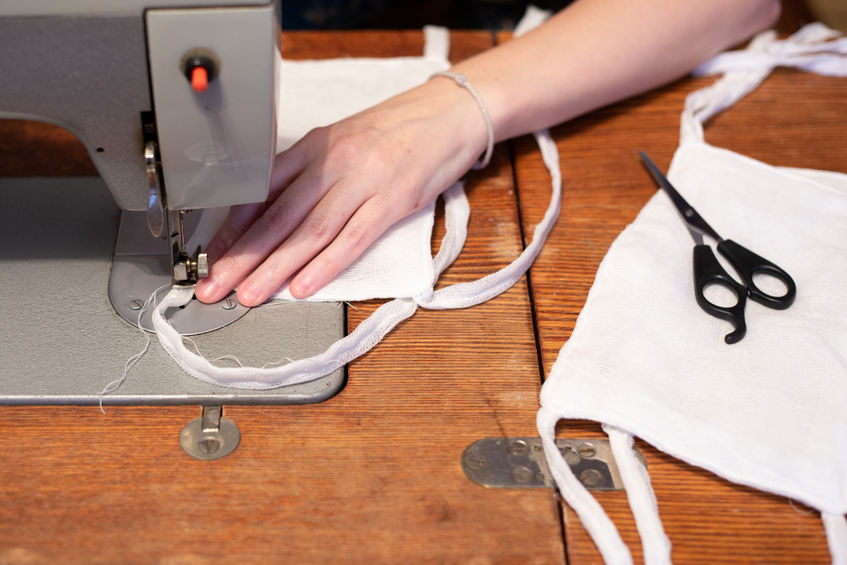Small businesses have truly stepped up to the challenge of turning the COVID-19 crisis from a potentially door-shuttering event to an opportunity to step up, help out, and stay afloat. Distillers have been making hand sanitizer, clothing and textile manufacturers have been making face masks, and auto manufacturers are producing face shields. These pivots are great, but they could come with big tax surprises—beneficial ones for those who plan for it, and costly ones for those who don’t.
For Texas Distillers
The Texas Alcoholic Beverage Commission (TABC) fast-tracked a law to allow distillers that manufacture alcohol to convert it and sell it as hand sanitizer. There are no Texas state excise taxes or additional TABC reporting requirements for making and selling hand sanitizer in this way. However, “keep records because there may be federal tax implications,” warns TABC.
And if you aren’t converting it yourself you may be able to sell or donate any unfit alcoholic beverage to another business that does and receive a tax credit for doing so. For tax purposes, follow the standard product destruction credit process by filling out an Application for Destruction of Alcoholic Beverages form and submitting it to your local TABC office.
For All Makers and Manufacturers
We’ve heard great stories about manufacturers throughout the region answering the call for medical personal protective equipment (PPE) and other pandemic supplies, like this Toyota supplier pivoting their business to make face shields. Some new CARES ACT tax breaks may be able to help offset the cost to maneuver in this way, but so can tax breaks that were already in place. Research & Development (R&D) tax credits, charitable donation deductions, depreciation benefits, and more can combine to offer deep tax advantages.
However, it’s up to you to recognize and structure around these tax breaks. The IRS won’t do it for you.
As a starting point, ask yourself these questions:
- Have we needed to purchase special equipment to make these new products?
- Have we spent time and money on researching, developing, and testing the products either because they’re new or have been repurposed?
- Have we spent time and money repurposing or reconfiguring our facilities to accommodate new processes or procedures to make these products?
- Are the products considered PPE for first-line responders or part of a government contract?
- Are we donating any of the products we’re making?
Take your answers to your CPA, who can help you determine a tax-saving strategy for the important work you’re doing.
And if you’re performing any of the activities above but don’t consider yourself a manufacturer, don’t delay in looking at whether you’re structured correctly. We’ve helped retailers, distributors, service providers, and others who didn’t see themselves as manufacturers but who were missing out on big tax breaks like the R&D credit. Stories like this one from Auto Brite’s Lawrence Stovall are common. “From a tax standpoint, we were operating as a distributor. But—since we make most of our own chemicals—we really are a manufacturer. Recategorizing saved us a lot of money,” he told us. If you can relate, feel free to contact us with your questions.


